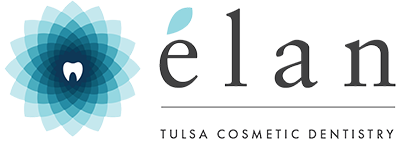Have you ever randomly experienced jaw pain? It might be temporary or something you wake up with every morning. Regardless, any type of pain usually indicates that something is going on. The question is, what is the cause of your jaw pain? Explore 6 possible causes of jaw pain.
You will likely know if you experienced trauma to the jaw. If something hard hits you in the face, it can break your jaw or move it out of place. This will cause bruising, swelling, pain, loose or knocked-out teeth, and of course, jaw pain. If the pain is severe or you can’t move your mouth correctly, visit a doctor.
Certain types of arthritis such as rheumatoid arthritis can attack your TM joints which can cause jaw pain. Since it’s an autoimmune disease, your body attacks healthy tissue by mistake which causes it to swell up. Rheumatoid arthritis will attack the spongey cartilage that helps your jaws move slowly which can make your jaw feel sore and stiff.
One of the signs of a heart attack is sudden jaw pain. Since a cluster of nerves surrounds the heart it can often cause the body to feel pain somewhere else in the body. This sensation is known as referred pain and often causes jaw pain in people having a heart attack.
Although you can avoid these diseases with vaccines, both mumps and tetanus can cause jaw pain. Mumps causes the glands on the side of your mouth to swell while tetanus can cause lockjaw from the infection.
Jaw pain can also occur from dental problems. A toothache from a cavity or abscess can cause jaw pain as well as cracked or crowded teeth. If you have
gum disease, it can also damage the jaw bone without treatment. If you suspect any dental problems, visit Dr. Hodges for a dental exam.
The last cause of jaw pain you might experience is a TMJ disorder. TMJ can often get misdiagnosed which is why it’s important to see a dentist who specializes in TMJ like Dr. Hodges if you suspect you have TMJ. Aside from jaw pain, the other symptoms to watch out for include pain around the ears, face, or neck, frequent headaches and migraines, ringing ears, vision problems, dizziness, and more. When the two joints that control the motion of the jaw become irritated or imbalanced, it can cause the symptoms listed above.
If you suspect you have TMJ, Dr. Hodges will examine your jaw joint using advanced dental technology. The technology helps relax your jaw and measures where it should rest comfortably. Then, she creates custom oral appliances for you to wear to realign your jaw and reduce TMJ pain.
Contact élan by
Dr. Meghan Hodges in Tulsa at
(918) 528-3330 to schedule an appointment to determine if TMJ or dental problems are the cause of your jaw pain.



